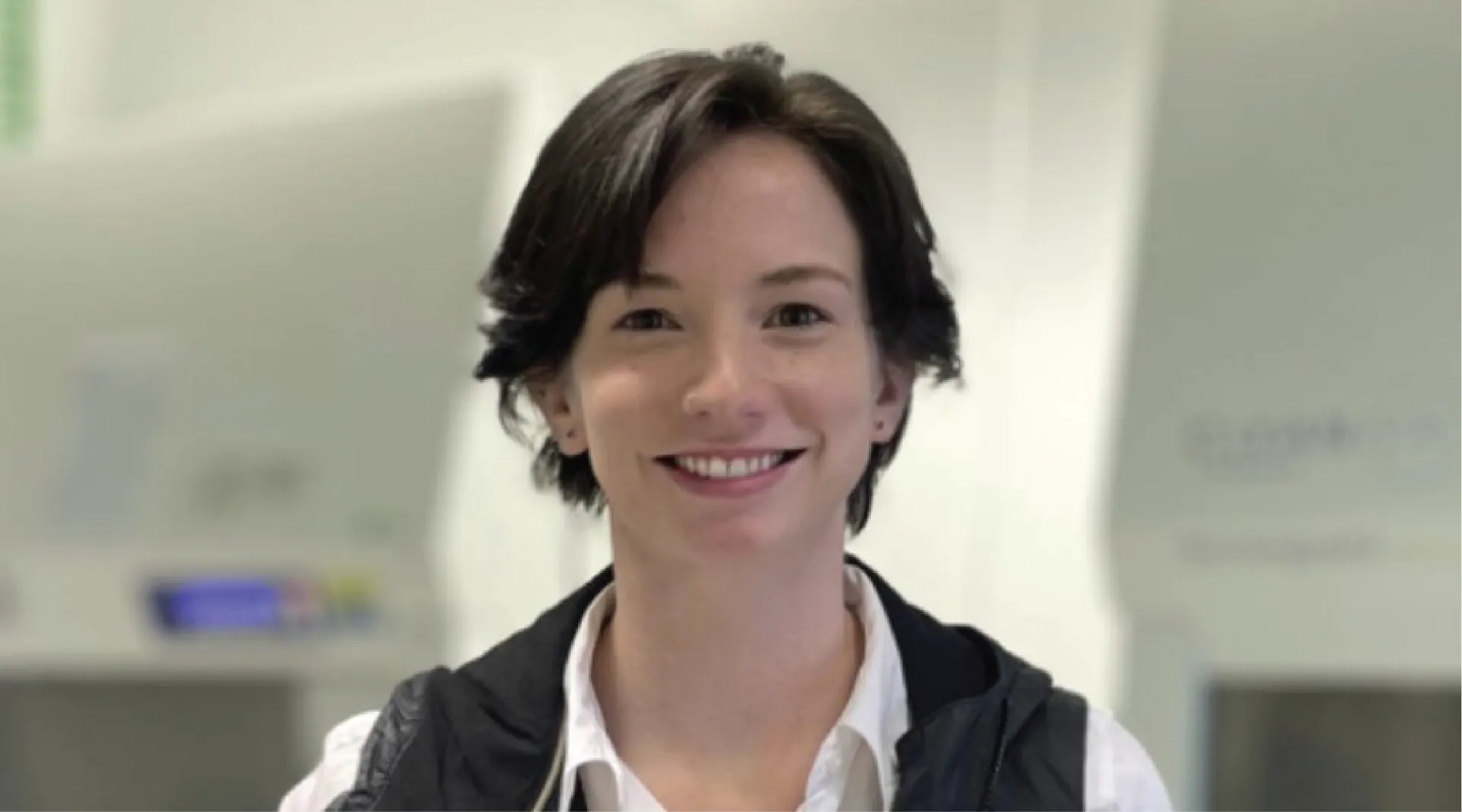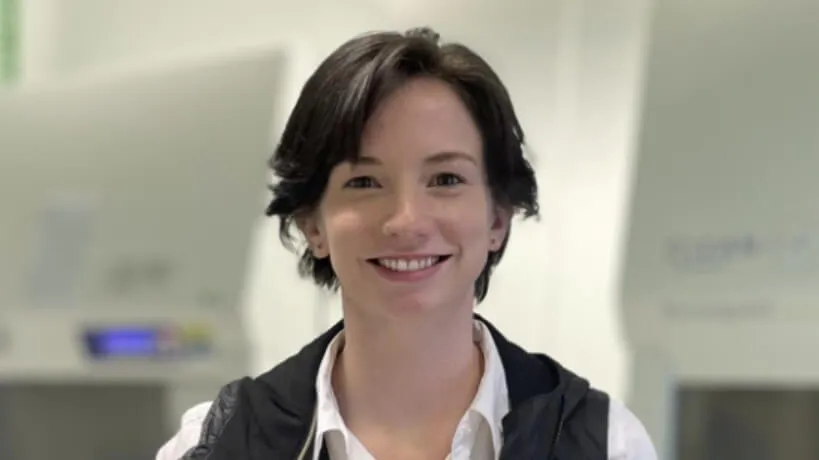Induced pluripotent stem cells (iPSCs)—adult cells reprogrammed to behave like embryonic stem cells—hold tremendous promise for personalized regenerative medicine. However, controlling differentiation into specialized cell types has remained a major challenge. New collaborative research from Kaitlin McCreery, PhD, with colleagues at the Max Planck Institute for Molecular Biomedicine, reveals that mechanical forces, not just chemical signals, are key to driving stem cell differentiation.
In principle, iPSCs can become any cell type in the body. This makes them invaluable for regenerative therapies to replace damaged tissues in conditions ranging from lung disease to spinal cord injuries. However, differentiation is often costly and highly variable, limiting clinical applications. Understanding how to precisely control the timing of differentiation is critical for developing effective stem cell-based treatments. It also has crucial implications for cancer research, where abnormal differentiation plays a central role in cancer progression.
Dr. McCreery's work, now published in Nature Cell Biology, finds that mechanical compression and osmotic pressure can dramatically accelerate stem cell differentiation by priming cells' DNA to be more accessible. Under specific culture conditions, mechanical compression causes iPSC nuclei to shrink. This triggers redistribution of key repressor proteins and creates a primed state that activates differentiation genes. Essentially, it lowers the energy barrier and accelerates the timeline for cells to commit to specific fates. Remarkably, the team observed similar nuclear shape changes and osmotic stress in models of the early human embryo, suggesting this mechanism operates during normal human development.
This work is not only fundamentally important but also provides a roadmap for enhancing regenerative therapies, potentially reducing the variability and cost required to generate therapeutic cell types from iPSCs. In cancer research, understanding how mechanical forces regulate differentiation offers new insights into why cancer cells, which often exhibit both altered nuclear mechanics and aberrant differentiation, behave differently in dense tumor environments. This knowledge could reveal mechanical vulnerabilities that can be therapeutically exploited.
Future work will focus on exploring how these mechanisms intersect with cancer and fibrosis, where both nuclear mechanics and differentiation are dysregulated, with the goal of identifying new therapeutic targets.
This study resulted from Dr. McCreery's postdoctoral work under Director Sara Wickström, MD, PhD, at the Max Planck Institute for Molecular Biomedicine, in collaboration with colleagues at University of Helsinki, and was supported by the Deutsche Forschungsgemeinschaft (German Research Foundation) and the Academy of Finland.
Read more about this research here.

